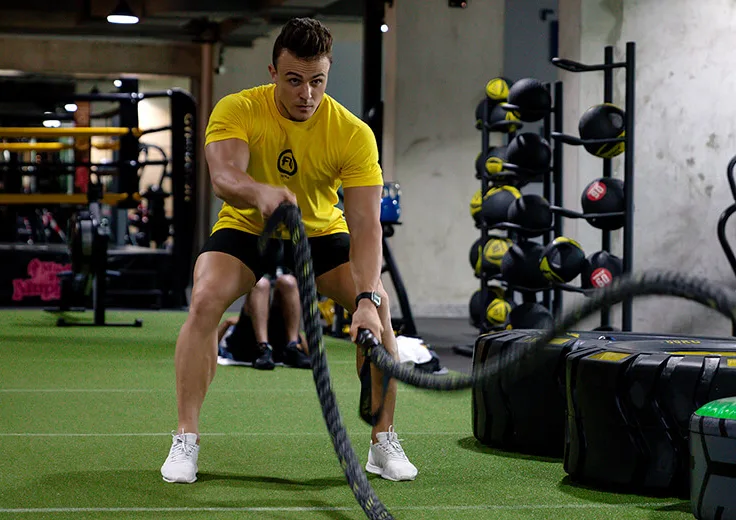Athletes require a well-balanced diet to perform at their best, both on and off the field. However, eating behaviours and nutrition challenges can considerably impact their physical and mental health. In this blog post, we will talk about the different eating behaviors and nutrition challenges that athletes face and how to overcome them.
- Overeating: Athletes are often under intense pressure to maintain a certain weight or body composition, which can lead to overeating. This can be particularly challenging for athletes who engage in endurance sports, as they may feel that they need to consume large amounts of food to maintain energy levels during training and competition.
- Skipping meals: Skipping meals is another common eating behaviour among athletes, particularly those who are trying to lose weight. This can lead to a lack of energy, reduced focus, and decreased performance.
- Unbalanced diets: Athletes may tend to focus too much on specific macronutrients such as carbohydrates or protein and neglect others, like healthy fats. This can lead to an unbalanced diet, which can negatively impact performance and overall health.
- Eating Disorders: Eating disorders, such as anorexia, bulimia, and binge eating disorder, are also common among athletes, particularly those in sports where weight and body composition are emphasized. These disorders can be life-threatening and can significantly impact athletic performance.
- Misuse of protein supplements: This is a common issue, particularly among bodybuilders and fitness enthusiasts. Excessive protein intake can lead to kidney damage, dehydration, and other health problems. Additionally, consuming protein supplements in place of a balanced diet can lead to deficiencies in other important nutrients.
To conquer these nutrition challenges, athletes should focus on creating a balanced and nutrient-dense diet that meets their energy needs. This includes incorporating a variety of fruits, vegetables, whole grains, lean protein sources, and healthy fats into their meals and snacks. They should also make sure to hydrate properly and avoid skipping meals, as well as seek support from a dietitian or mental health professional if they are battling with an eating disorder.
In conclusion, proper nutrition is essential for athletic performance and overall health. Understanding the various eating behaviors and nutrition challenges that athletes face can help them overcome these difficulties and perform at their best. By following a balanced and nutrient-dense diet, athletes can fuel their bodies, improve their performance, and maintain a healthy weight.








